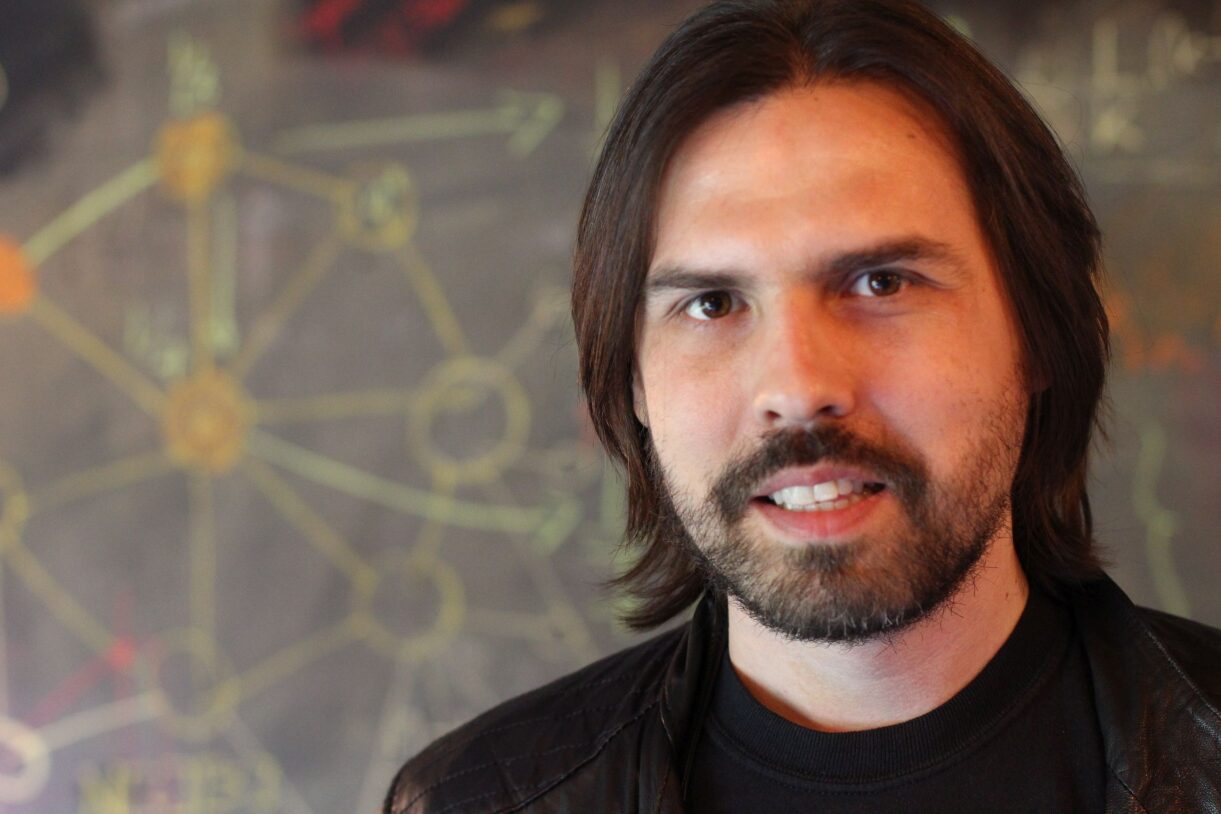New experiments unravel the origins of political divisiveness

If there is something that in 2023 many countries have in common is a worrying level of political polarization. But what issues underlie this polarization? And how can we uncover them? In a new landmark study in Nature Human Behavior, a team of French, Brazilian, and Chilean researchers present a new method to understand what divides a population. The authors worked under the direction of César Hidalgo, who also heads the Centre for Collective Learning (CCL) at Corvinus University of Budapest.
There is agreement on raising the minimum wage and improving health care
The team conducted two experiments during the 2022 elections in France and Brazil. The experiments involved two digital participation platforms (this and this), where citizens could build collaboratively a government program. The platforms asked people to choose and rank proposals extracted from the government programs of the candidates of the 2022 French and Brazilian presidential elections. This allowed participants to build their own government program, and also, to build a collaborative program made from their combined preferences.
Since before the French revolution, scholars have been working on methods to aggregate political preferences. These methods focus on finding areas of consensus or agreement, which are essential to determine which candidate should win an election. In both France and Brazil, the participants of these experiments agreed on the importance of improving minimum wages and the healthcare system. But not all issues breed consensus. Some issues, even when they ranked relatively high in these platforms, can be divisive, meaning that there is a fraction of the population that strongly opposes them.
In France, for instance, the idea of restoring France’s border control by leaving the Schengen area (the area within the EU without border controls) was supported by about 70% of the participants that self-identified with the right, but by less than 30% of the participants that self-identified with left.
French constitutions and Brazil’s indigenous land issue are also divisive topics
Divisiveness, the researchers showed, is a multidimensional phenomenon. When they look at the data from an age, instead of a political orientation angle, they find that—not surprisingly—older participants tend to support reductions in real estate taxes.
But what was a bit more surprising was the fact that the divisiveness of an issue could be determined in absence of any demographic information about the participants. Using a clever technique, the researchers could identify the issues that were more likely to split or polarize a population. In the case of France, the proposal to create a constitutional assembly to pass on a sixth republic divided the participants more strongly. In Brazil, it was the preservation and demarcation of indigenous lands.
Economists, political scientist, and mathematicians have long pondered about how to best aggregate individual preferences. But these methods are unable to detect controversial issues, which are categorically different from those that bread consensus and deserve attention, and deliberation, on their own right.
The study was led by César A. Hidalgo, a Chilean-American scholar at the Toulouse School of Economics who directs the Center for Collective Learning (CCL), a multidisciplinary research group at the University of Toulouse in France and at Corvinus University in Budapest. The platforms were built at the Center for Collective Learning by Carlos Navarrete, a PhD student at the University of Toulouse. The team also included collaborations with scholars in Brazil, at the University of Pernambuco, and in France, at the University of Toulouse Capitole and at the University Paris-Dauphine. The paper is available online at: https://www.nature.com/articles/s41562-023-01755-x.